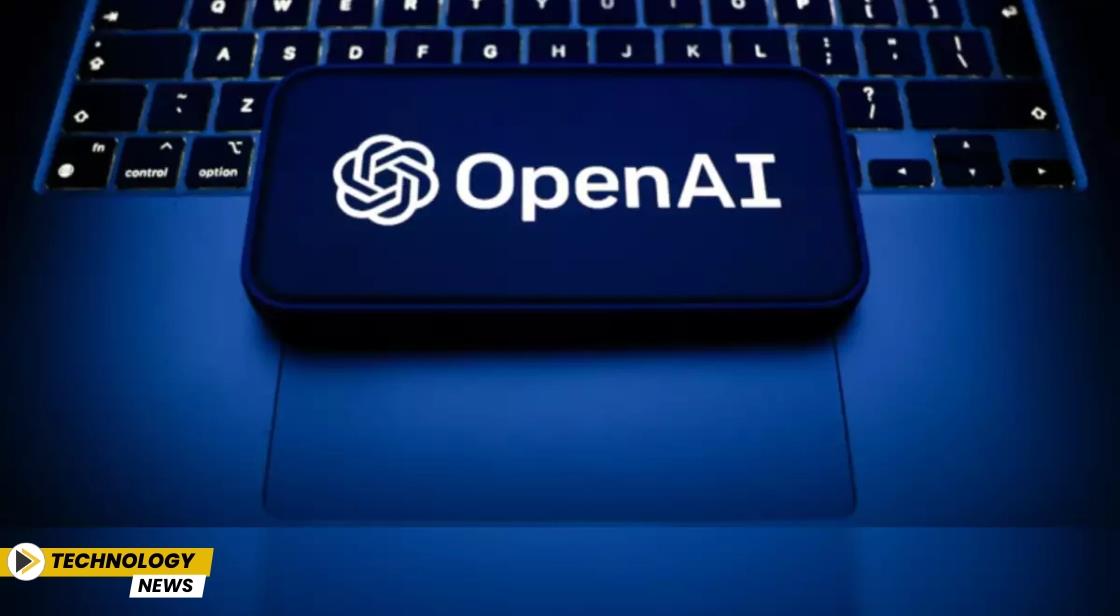OpenAI Rejects Elon Musk’s $97.4 Billion Takeover Bid, Reaffirms ‘Not for Sale’ Stance

News Synopsis
OpenAI’s board of directors has officially rejected an unsolicited $97.4 billion buyout offer from a consortium led by Elon Musk. The proposal, which sought to acquire the nonprofit entity that governs OpenAI’s for-profit operations, was firmly dismissed by the board, citing concerns over competition and company stability.
Bret Taylor, OpenAI’s chairman, made the board’s stance clear in a statement on Friday:
“OpenAI is not for sale, and the board has unanimously rejected Mr. Musk’s latest attempt to disrupt his competition.”
The rejection marks another chapter in the increasingly strained relationship between Musk and OpenAI, a company he co-founded but later distanced himself from.
Musk’s Bid and His Push for OpenAI’s Original Vision
Elon Musk, who launched his own AI startup after parting ways with OpenAI, attempted to leverage financial backing from multiple investors to take control of the AI powerhouse.
The billionaire, along with investment firms such as Valor Equity Partners, Baron Capital, Atreides Management, Vy Capital, Joe Lonsdale’s 8VC, and Ari Emanuel’s investment fund, made an aggressive cash bid for OpenAI’s assets.
Musk justified his proposal by asserting that he wanted to return OpenAI to its founding mission of being a transparent, open-source entity focused on AI safety rather than a profit-driven company.
“I hoped to return OpenAI to being ‘the open-source, safety-focused force for good it once was,’” Musk stated.
However, OpenAI executives quickly dismissed the proposal as a strategic ploy rather than a genuine effort to advance the company’s mission.
OpenAI CEO Sam Altman: ‘A Tactic to Slow Us Down’
OpenAI CEO Sam Altman was among the first to rebuff Musk’s takeover attempt, stating that it was a calculated move to stall OpenAI’s growth and development.
“It is not up to a competitor to decide what is in the best interests of OpenAI’s mission,” said Andrew Nussbaum, OpenAI’s legal counsel, in a formal response.
Nussbaum also emphasized that OpenAI's nonprofit board's fiduciary duty is solely to the advancement of artificial general intelligence (AGI) for humanity and not to external investors or rival tech moguls.
Legal representatives for Musk and his investors, however, were quick to criticize OpenAI’s stance, alleging that its leadership is pursuing self-serving deals while rejecting external offers.
Marc Toberoff, a lawyer representing Musk’s investment group, issued a counter-statement:
“Of course they’re putting the charity’s assets (control of the for-profit enterprise) up for sale. That’s what their ‘reorganization’ is all about. They’re just selling it to themselves at a fraction of what Musk has offered.”
Toberoff questioned whether OpenAI's ongoing restructuring truly benefits "all of humanity" or merely serves the interests of its internal leadership.
Musk’s Legal Battles Against OpenAI Continue
Elon Musk has been a vocal critic of OpenAI’s decision to transition into a for-profit business model, filing multiple lawsuits against the company over allegations that it has abandoned its original mission.
The billionaire has argued that OpenAI’s pivot contradicts its founding principles and has even sought a court order to block the restructuring process. However, the legal battle has been far from straightforward.
A judge presiding over the case recently remarked that the dispute appeared to be nothing more than a “billionaires versus billionaires” scenario, expressing hesitation over issuing an immediate ruling in Musk’s favor.
In response to Musk’s bid, OpenAI submitted a legal filing accusing him of contradicting his own claims—stating that his attempt to acquire OpenAI’s assets directly contradicts his lawsuit’s assertion that they cannot be transferred for private financial gain.
Musk’s legal team countered by stating that the buyout offer would be rescinded if OpenAI agreed to halt its for-profit restructuring.
OpenAI’s $300 Billion Valuation & Implications for Investors
Beyond the legal battle, Musk’s bid has significant financial implications for OpenAI as it negotiates new investments.
The AI company is currently in discussions with SoftBank Group Corp. for a fresh funding round that could value OpenAI at an astonishing $300 billion. This is nearly three times Musk’s offer and suggests that OpenAI’s leadership sees a much larger potential in the company’s future.
As part of its restructuring, OpenAI is expected to compensate its nonprofit arm with equity stakes—a move that legal experts say could significantly impact investor holdings.
Robert Bartlett, a professor at Stanford Law School and co-director of the Rock Center for Corporate Governance, commented on the situation:
“OpenAI’s board is on perfectly solid footing to say no to Musk’s bid. But that doesn’t mean they can ignore the ramifications on what the bid means for valuing the assets of OpenAI’s nonprofit.”
If OpenAI’s nonprofit arm is assigned a higher valuation, it could dilute existing and future investor equity—a factor that regulators and investors will be watching closely.
Conclusion: Musk’s Bid Adds to OpenAI’s Growing Challenges
While OpenAI has successfully fended off Musk’s $97.4 billion bid, the billionaire’s involvement continues to complicate the company’s financial and structural reorganization.
With SoftBank and other major investors in talks for additional funding, the ultimate fate of OpenAI’s nonprofit governance and valuation remains uncertain. Meanwhile, the legal battle between Musk and OpenAI is expected to further intensify in the coming months.
One thing remains clear—OpenAI’s leadership is determined to steer the company toward a future driven by AGI innovation, while Musk remains equally determined to challenge their direction at every turn.
You May Like









